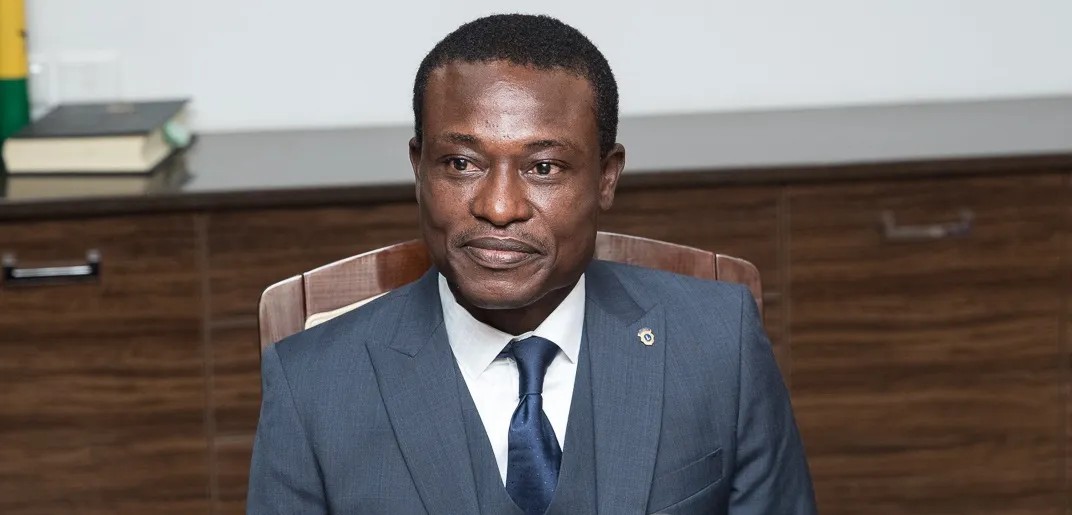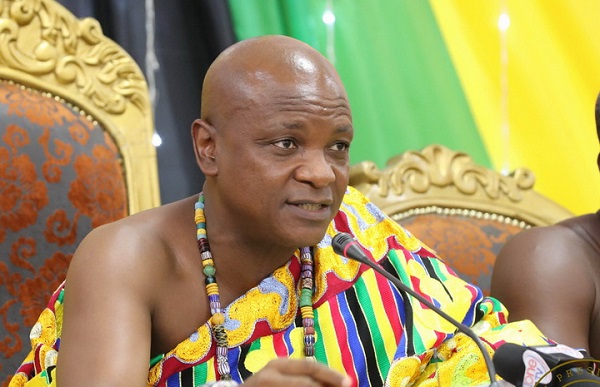Ghana’s Office of the Special Prosecutor (OSP) has charged James Keck Osei, a former Director of Administration at the Office of the Vice President, along with three others, in connection with alleged misconduct surrounding the controversial release of seized rice containers.
According to official court filings, James Keck Osei authored an unauthorized letter, purportedly on behalf of the Vice President’s office, addressed to the Commissioner-General of the Ghana Revenue Authority.
The letter requested the release of 15 containers of imported rice, allegedly intended “for Ramadan use.”
Also charged in the case are Issah Seidu, an official at the National Insurance Commission, and John Abban and Peter Archibold Hyde, both officers with the Customs Division.
The three are accused of failing to comply with lawful asset declaration notices issued by the Office of the Special Prosecutor, a breach considered an offence under the OSP Act.
The accused first appeared in court on February 13, 2023, facing charges under Section 73 of the OSP Act related to refusal to declare assets, not direct corruption under Section 79.
After subsequently fulfilling the asset declaration requirement, prosecutors entered a nolle prosequi, effectively halting the case.
Meanwhile, the Office of the Vice President has distanced itself, stating the letter in question was unauthorized and issued without official approval by Mr. Osei. Ghana’s Civil Service has launched a separate internal disciplinary inquiry.
The charges stem from a petition by a rival importer disputing the ownership of the rice containers.
Customs had reportedly ruled in the petitioner’s favor before the alleged interference.
The situation has reignited debate over institutional overreach, with legal analysts questioning whether the OSP exceeded its mandate by initiating criminal charges based solely on administrative non-compliance.
While the initial charges have been dropped following compliance, the case remains far from closed. Legal analysts are watching closely for any new charges under substantive corruption statutes, particularly if further investigations reveal misconduct beyond the asset declaration breach.
Meanwhile, the Civil Service’s internal probe could lead to disciplinary action or reinstatement for the accused public officer, depending on its findings. More broadly, this case has reignited the debate over the scope of the OSP’s authority, potentially fueling calls for legislative reforms to clearly define the office’s mandate, especially in distinguishing administrative non-compliance from criminal corruption.
Source: Myxyzonline.com





